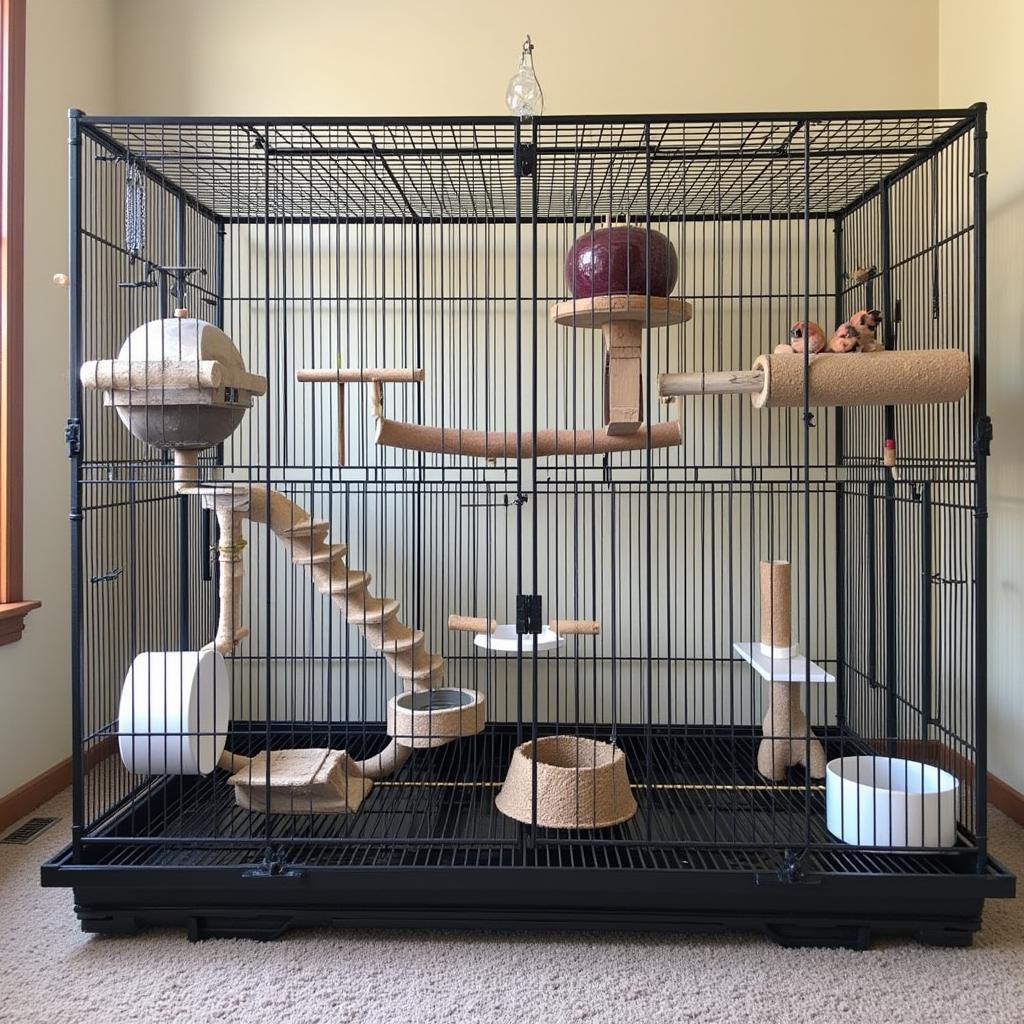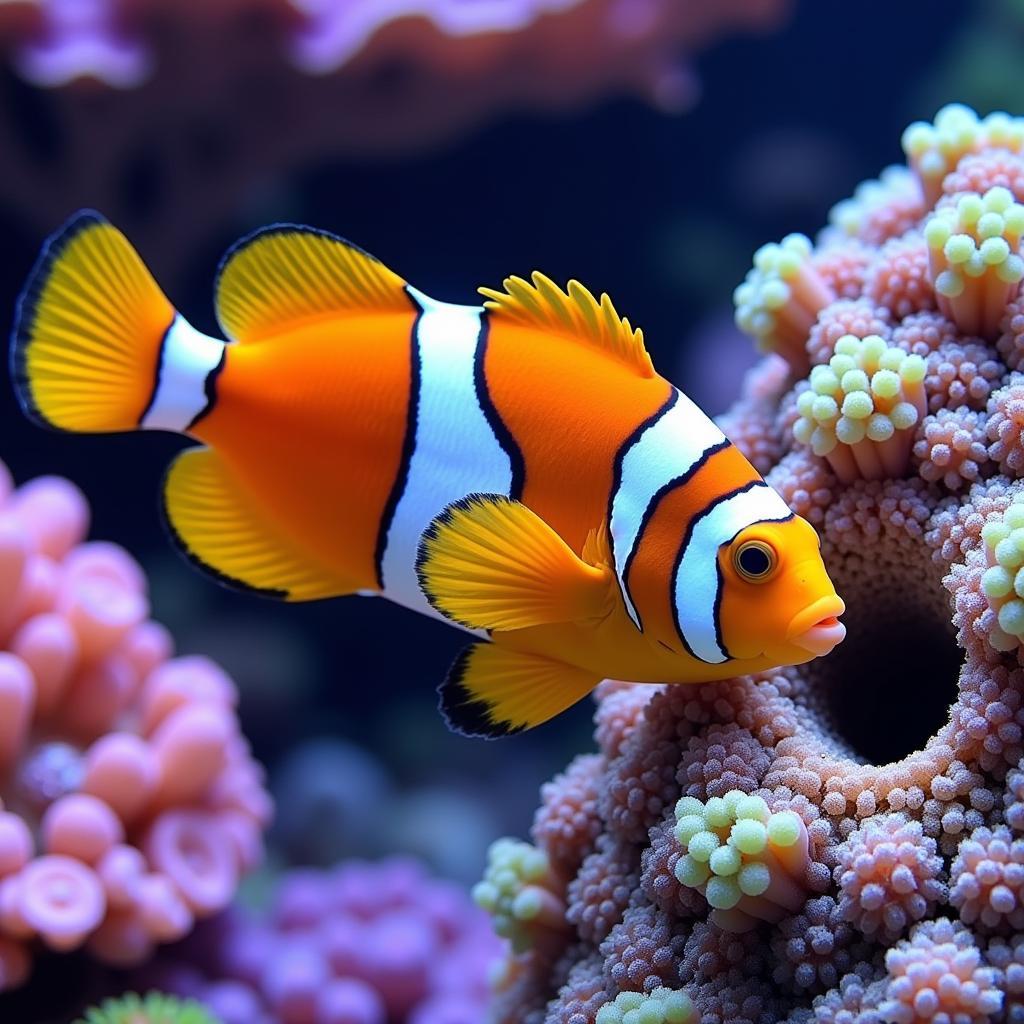The Confederation of African Football: A Continent United by Passion
The Confederation Of African Football (CAF) stands as a testament to Africa’s unbridled passion for the beautiful game. Established in 1957, CAF is the governing body for association football in Africa and is responsible for organizing and promoting major tournaments like the Africa Cup of Nations and the CAF Champions League. More than just a sporting organization, CAF embodies the spirit of unity and resilience that defines the African continent.
A Legacy Forged in Competition
From the dusty pitches of rural villages to the vibrant, packed stadiums in bustling cities, football in Africa isn’t just a sport—it’s a way of life. The 2014 African Nations Championship, for example, showcased the depth of talent emerging from all corners of the continent. This passion is palpable in every tournament organized under the CAF umbrella, with the Africa Cup of Nations standing as a shining example.
 Celebrating Victory at the African Cup of Nations
Celebrating Victory at the African Cup of Nations
More Than Just a Game: Football’s Social Impact
The influence of CAF extends far beyond the pitch. Football acts as a powerful unifying force, transcending cultural and linguistic barriers to bring people together. The shared love for the sport fosters a sense of community and national pride, evident in the electrifying atmosphere of any CAF tournament. Furthermore, CAF plays an active role in promoting education, health, and social development initiatives through football.
“CAF understands the power of football,” says Amina Omar, a renowned sports journalist based in Nairobi. “They’re not just focused on winning trophies; they’re committed to empowering African youth and using football as a tool for positive change.”
The Road to the World Cup: African Teams on the Global Stage
CAF plays a critical role in determining which African nations qualify for the FIFA World Cup. The FIFA World Cup African Qualifiers, a grueling two-year process, pits the continent’s best teams against each other for the coveted spots in the world’s most prestigious football tournament. Over the years, African teams have increasingly made their mark on the world stage, with Cameroon, Senegal, and Ghana all reaching the World Cup quarterfinals, showcasing the rising talent and tactical prowess of African football.
 African Team Celebrating a Goal During a World Cup Qualifier
African Team Celebrating a Goal During a World Cup Qualifier
The Future of African Football: Challenges and Opportunities
As the global football landscape continues to evolve, CAF faces both challenges and opportunities. Financial stability, infrastructure development, and good governance remain key areas of focus. However, the future is bright for African football. With a young and rapidly growing population, a burgeoning youth development system, and a passionate fan base, CAF is well-positioned to further solidify its standing in world football.
Looking Ahead: A Continent Primed for Greatness
The African Cup final always draws massive global attention, highlighting the exciting growth trajectory of the sport. Initiatives like the 2018 Confederation of African Foot Ball of the Year Award further cement CAF’s commitment to recognizing and nurturing talent. As investment in infrastructure increases and young African players continue to make their mark on top European leagues, the world eagerly awaits the day an African nation lifts the FIFA World Cup trophy. With CAF leading the charge, that day may not be too far away.
For many across the continent, the ability to watch the African Cup of Nations live on TV provides a direct link to this thrilling journey. The roar of the crowds, the dazzling footwork, the nail-biting finishes—these are the moments that transcend sport and speak to the heart of what it means to be African: united, resilient, and always striving for greatness.


